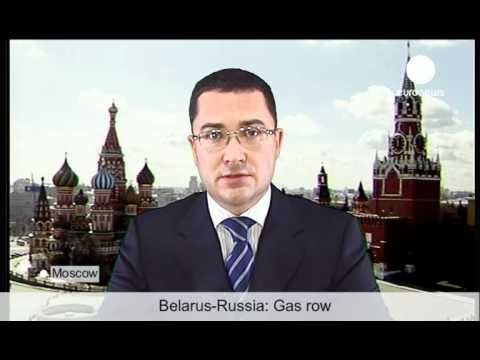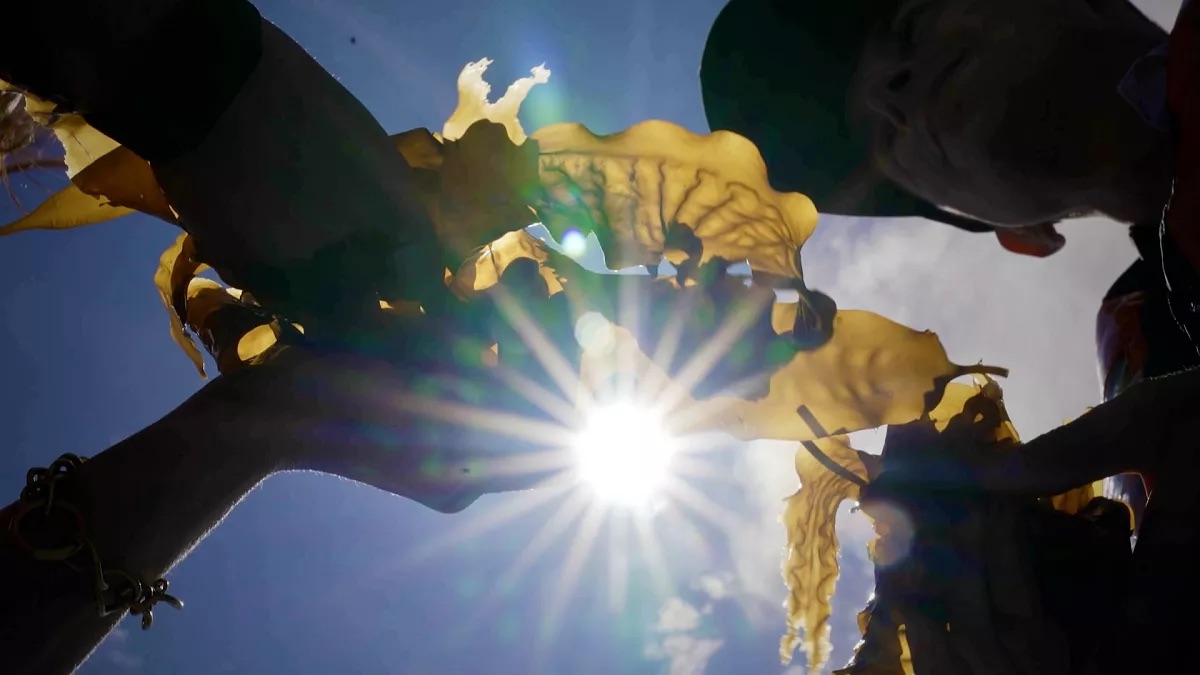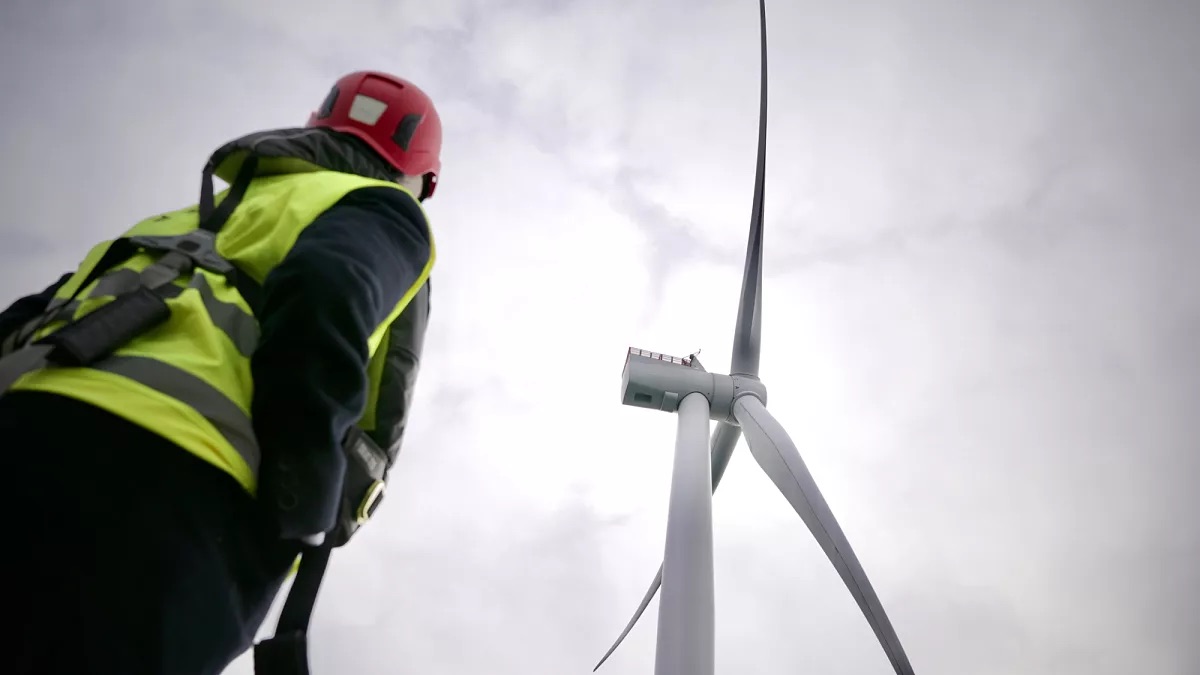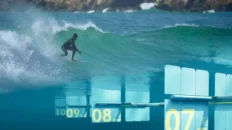Russia and Belarus seem to have settled their gas pricing and fee dispute, at least for the moment. It erupted last weak when Russia started to reduce supplies going into Belarus because it said Minsk owed around 160 million euros for gas deliveries. Russia’s gas export monopoly Gazprom resumed supplies on Thursday after Minsk paid the bill. But Belarus retaliated by threatening to cut off Russian gas flows to Europe if Gazprom did not pay its outstanding debt for gas transit. There is disagreement over how much that is. Minsk said Gazprom owed it 210 million euros but Gazprom has paid only 185 million so far and insisted it does not owe any more. After speaking to Belarusian President Alexander Lukashenko, euronews asked Gazprom for a response. The Russian gas company provided spokesman Sergei Kupriyanov.
Denis Loktev, euronews: “The Belarusian President said there was no economic justification for this conflict. Indeed, he said Gazprom itself owed money to Belarus, and the amount of your debt was even greater. Why then was the gas supply restricted?”
Sergey Kupriyanov: “The fact is that we have repeatedly gone to our Belarusian colleagues with an entirely legitimate request, or you can say, a demand to pay the accumulated arrears for gas supplies. However, they didn’t pay until recently. So, when it comes to some sort of alleged cross-indebtedness – one must understand that we are acting in strict accordance with the contract, which defines the principles of pricing and the guidelines for determining the tariff for transit.”
euronews: “President Lukashenko said that Belarus was ready to pay within two weeks. Given the close ties between your countries, he asked you for a delay. Why couldn’t you wait two weeks?”
Sergey Kupriyanov: “We could, and we waited, not just two weeks, but much longer. Minsk got its first two week delay in March, then another in April. Now it’s June.”
euronews: “Minsk has a different explanation for your insistence. They say that your company is being used as an instrument of political pressure on Belarus ahead of presidential elections. What’s your response to that?”
Sergey Kupriyanov: “If you say one thing, then you must logically follow that with something else. What exactly is this pressure, and what exactly are the objectives we are trying to achieve through this? Now the conflict is practically settled. What have we achieved, except to get the money that we were going to receive anyway?”
euronews: “You say that the conflict is settled. But we know that the differences over the prices and tariffs remain as before. So, did this episode in the “gas war” end with a peace or just a short ceasefire?”
Sergey Kupriyanov: “I’ve said that the conflict has been resolved, although there are still some issues to be settled. We paid in full for the gas transit at the rate clearly stated in the contract. Our Belarusian colleagues want it to be higher, but they know exactly what steps they need to take to make this happen. We are talking about the operational conditions for the Beltransgaz company on the domestic market of Belarus. After all, this is a joint venture of which we own 50 percent. But, unfortunately, it is still being operated as a government ministry, not as a commercial company.”
euronews: “And what will happen if Belarus doesn’t meet your conditions? The Europeans have already learned a bitter lesson and they’re now used to having serious issues with Russian gas deliveries during winter. Do you have any words of reassurance for Europe?”
Sergey Kupriyanov: “I repeat once again: the clear execution of the contract by both parties – which we are certainly ready for – gives no reasons for any new conflict to emerge. But if any of the parties tries to change those conditions then, obviously, there may be various problems. We do not want that, we do not need it.”





